Uganda is currently making headlines with President Yoweri Kaguta Museveni's dynamic engagement with the Acholi media, where he decisively reaffirmed the country's democratic achievements and laid out a robust economic vision aimed at prosperity and inclusivity. This pivotal session, held at the Gulu State Lodge and moderated by Mega FM’s James Obalo, encapsulated a wide-ranging discussion involving democracy, economic policies, regional integration, and the path forward for Uganda’s development.
Museveni proudly declared Uganda as “the most democratic country in the world,” underscoring a political system that embraces genuine representation rather than mere political theatrics. He emphasized that the Ugandan electoral process empowers true people's representation, with members of parliament mirroring the conscience of the citizenry. This democracy is inclusive, guaranteeing representation across gender, youth, workers, soldiers, the elderly, and persons living with disabilities. This inclusive approach forms the foundation of Uganda's peaceful political landscape and sustained development.
The session further delved into Uganda's economic structure, stressing a tax regime deliberately designed to encourage production while minimizing waste. Targeted taxes on luxury imports such as expensive vehicles and alcoholic beverages contrast with exemptions for productive machinery and agricultural inputs. This strategy underlines Uganda’s economic model that favors productive investment and growth over consumption taxes that hinder economic advancement.
Complementing the democratic and economic discourse, President Museveni announced a significant boost to Uganda’s defense capabilities. The country has received military equipment valued at $53 million from Russia, intended to enhance national security and safeguard the gains of peace and development critical to stable governance. Security is a cornerstone for the peaceful environment required to sustain Uganda’s aspirations for high middle-income status.
Broadly, Museveni’s campaign trail in the Acholi sub-region has been marked by themes of peace restoration, development acceleration, and wealth creation. His reflections on the troubled past of northern Uganda, heavily afflicted by rebel insurgencies and cattle rustling, culminate in a forward-looking vision where infrastructure, enterprise, and social services converge to lift the region and the entire nation.
This reaffirmation of democratic values coupled with a concrete economic blueprint reinforces Museveni’s message to Ugandans: peace and democracy are the bedrocks on which sustainable wealth and national prosperity will be built. Uganda’s narrative under Museveni’s leadership, especially in the run-up to the 2026 elections, focuses on safeguarding achieved gains and making qualitative leaps that will position the country firmly within the ranks of high middle-income nations globally.
President Museveni's engagement with the Acholi media was part of a strategic effort to foster transparency and communication with local populations as his campaign trail in northern Uganda gains momentum. Holding the session at the Gulu State Lodge, Museveni interacted extensively with media representatives, addressing questions on key national issues and reinforcing his commitment to a democratic government truly representative of all Ugandans.
The Acholi campaign region holds symbolic significance given its history of conflict and insurgency, notably the Lord’s Resistance Army (LRA) rebellion which brought hardship and displacement to its people. By focusing campaign efforts here, Museveni not only demonstrates responsiveness to past trauma but also underscores his administration’s strides in rebuilding the region's infrastructure and social fabric. His call for peace consolidation and wealth creation directly appeals to a population emerging from decades of instability.
Museveni highlighted Uganda's economic policies designed to empower citizens, referencing flagship programs like the Parish Development Model (PDM), Operation Wealth Creation, and Emyooga, which aim to spur economic participation from the grassroots level. He stressed that peace must translate into tangible socioeconomic gains, encouraging productive livelihoods and entrepreneurship to lift households out of poverty.
The $53 million military equipment acquisition from Russia was also contextualized within this narrative as vital to national security, which is instrumental in safeguarding peace dividends essential for ongoing development. Strengthening Uganda’s defense ensures stability against threats that could disrupt the country's progress toward middle-income status.
This media engagement also served as a platform for Museveni to assert that Uganda's democratic credentials are robust, supported by a multi-sectoral representation system in parliament encompassing youth, workers, persons with disabilities, and other groups. The inclusive nature of governance, Museveni argued, sets Uganda apart as a beacon of democratic growth and peaceful wealth creation in the region.
Reflecting on the campaign trail in Acholi, Museveni also addressed long-standing issues such as cattle rustling and unemployment unique to the region, promising tailored solutions through peace enforcement and economic investment. His message resonates with themes of unity, security, and prosperity, positioning the 2026 elections as crucial for sustaining Uganda’s trajectory of progress.
President Museveni’s Acholi media engagement and concurrent campaign efforts encapsulate a comprehensive approach blending democracy, security, and economic empowerment. With a focus on peace and development, his leadership promotes a vision of Uganda as a stable, inclusive, and prosperous nation moving confidently toward a high middle-income future.
For detailed insights and continuous updates on Uganda’s journey towards democratic maturity and economic prosperity under President Museveni’s leadership, stay tuned to official channels and upcoming campaign events that promise to shape the nation’s future.


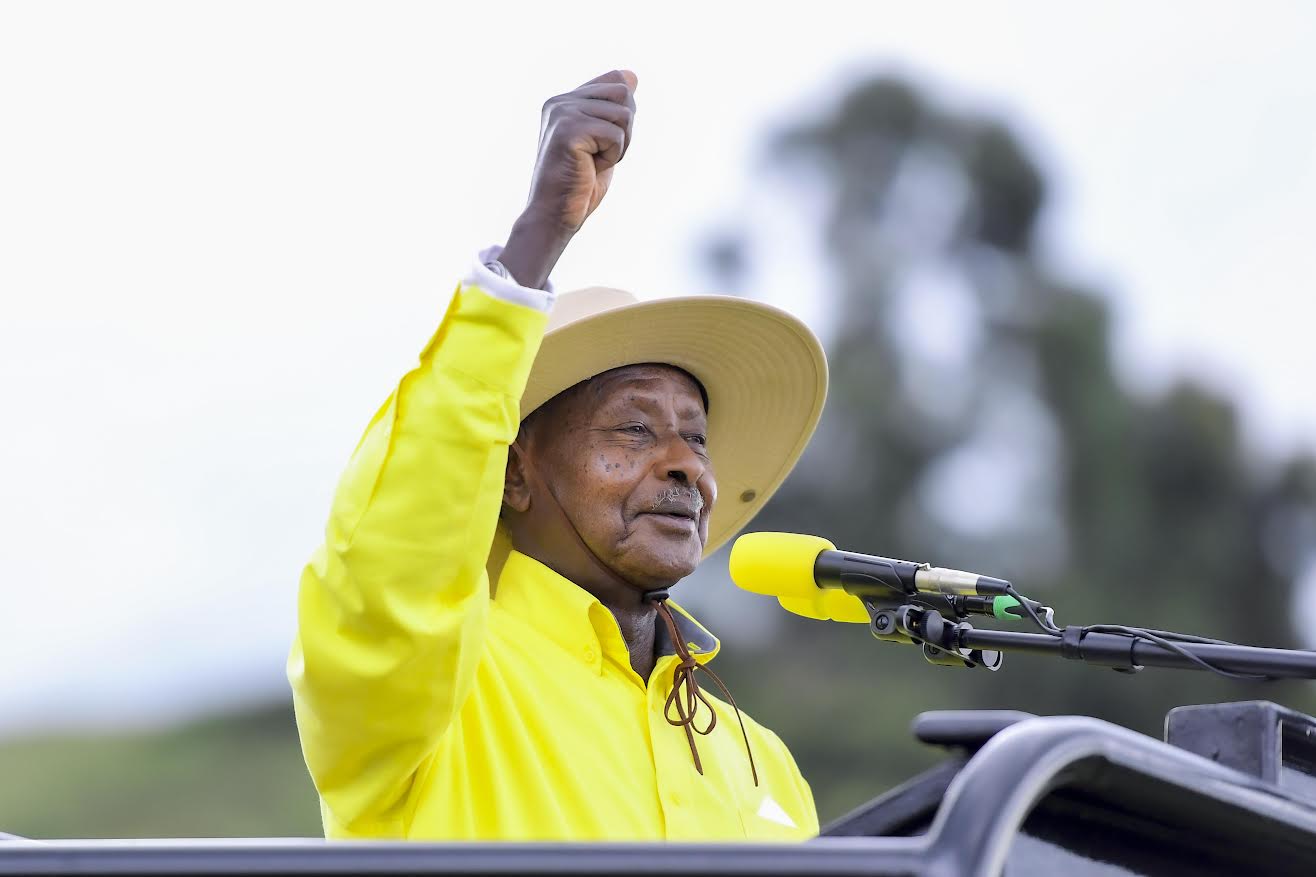
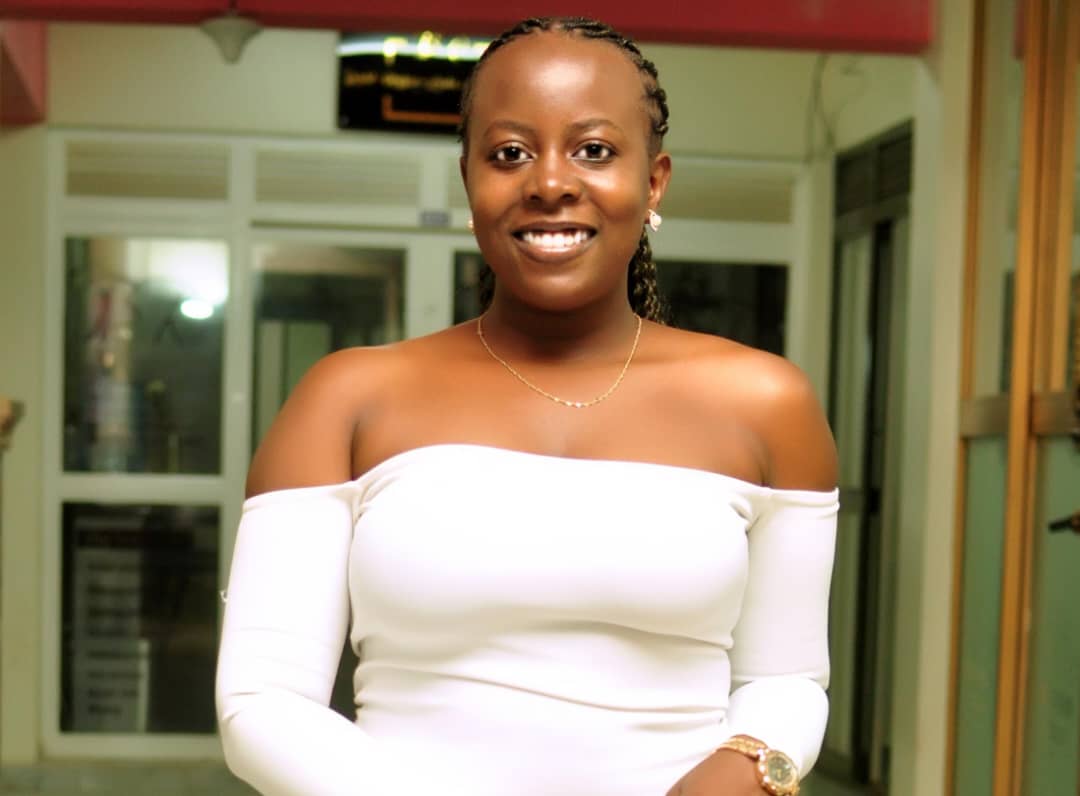
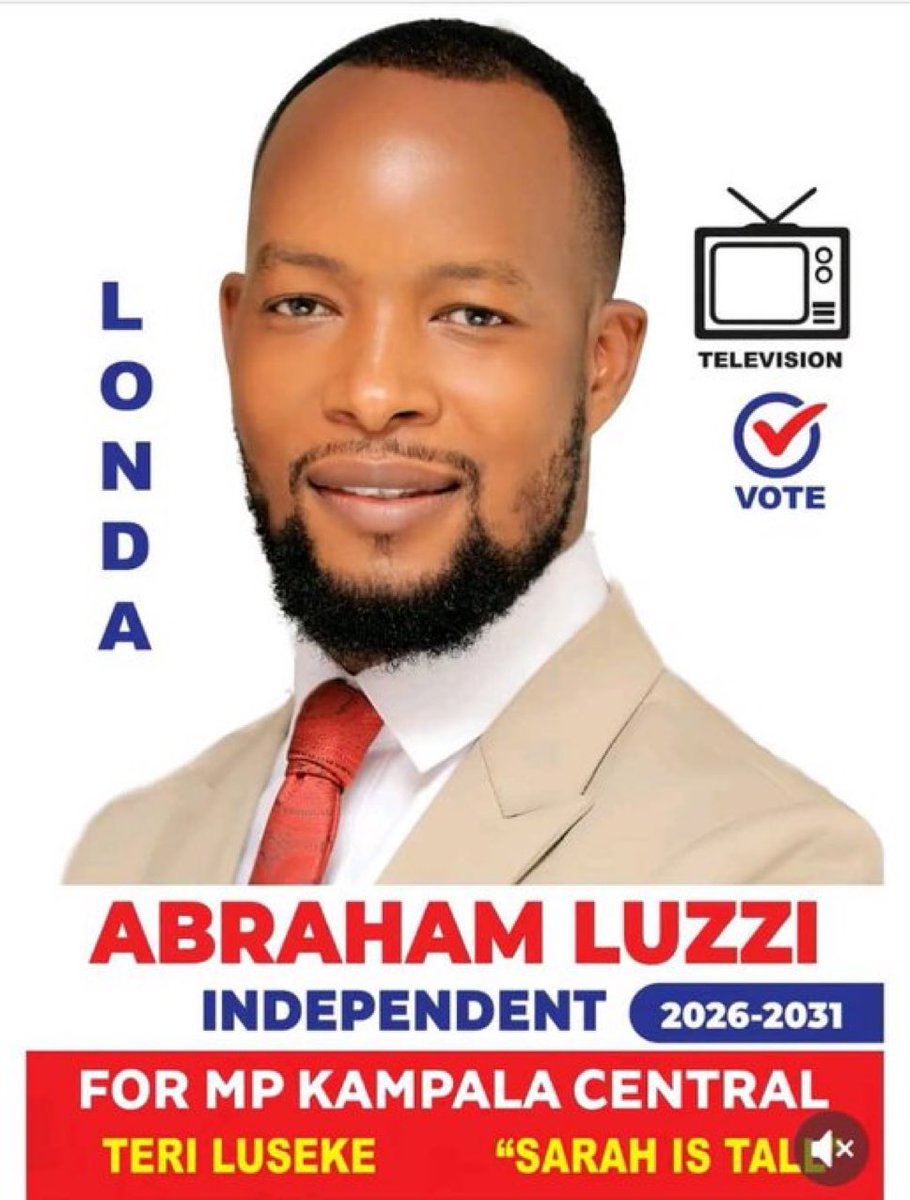
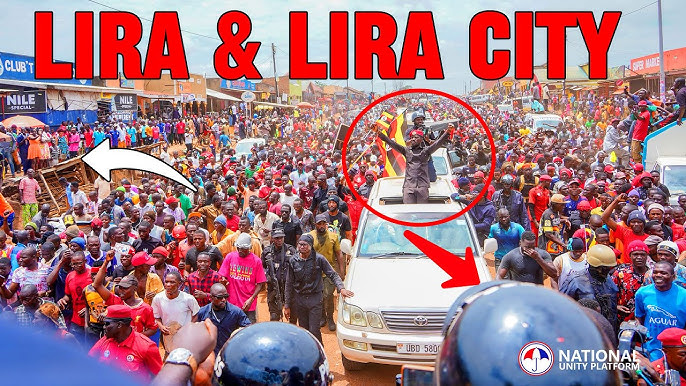
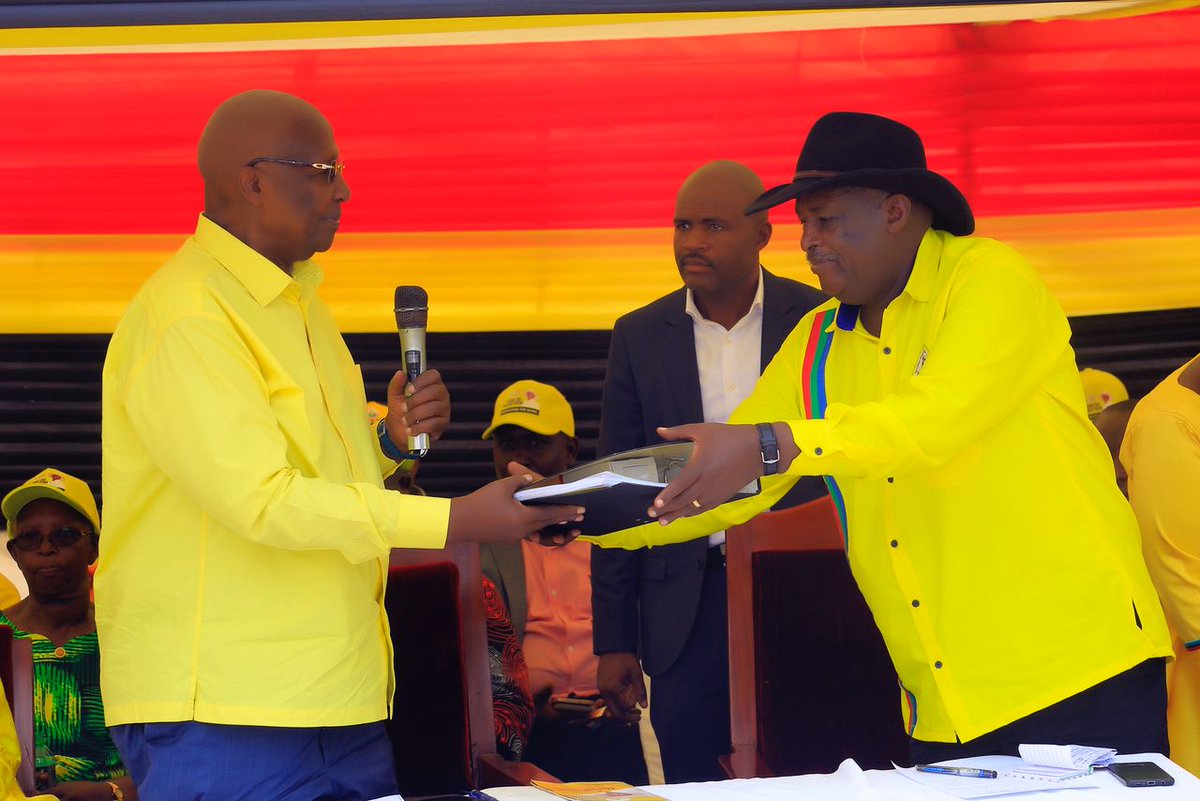
Leave a Reply